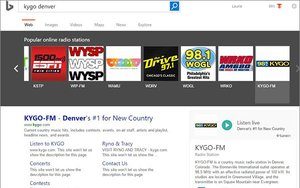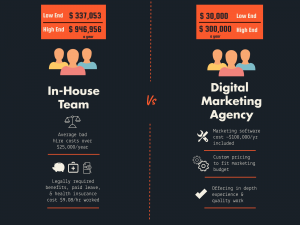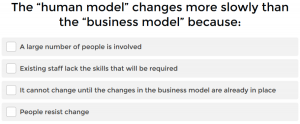
When you’ve worked hard to build and maintain your brand, it’s easy to become emotionally attached to your work. However, it’s also incredibly important to leave that emotion at the door when dealing with customer complaints, especially when left on social media channels like Facebook. Over the years, social media platforms such as Facebook have become the primary source of customer service for consumers. In fact, 67% of consumers have admitted to using a company’s social media site for servicing. That’s not too surprising considering that 33% of users prefer to contact brands using social media rather than the telephone or email.
Facebook proves time and time again to be more than just a marketing tool for businesses. As more and more users resort to social media for customer support, it’s important to keep that social aspect in mind. If your consumer has left your page a negative comment, what matters most is your ability to connect with them individually and approach problems from the point-of-view of your fans. And when all else fails, follow these 5 best practice tips for dealing with negative commentary:
- Don’t Delete the Negative Comment*
Often times, deleting negative comments only makes the problem worse. Chances are if the customer cared enough to leave a comment in the first place, they would leave another once they noticed their post was deleted. Posts can also be edited, modified or deleted by the poster so it’s important to have the original post documented for reference.
*Deleting negative comments is acceptable if its content is inappropriate (i.e. racist, pornographic, threatening, derogatory, etc.). Comments that appear as spam can be deleted as well.
- Respond in a Timely Manner
The biggest reason consumers post negative comments is because they want a solution to their problem. They don’t call in to be put on hold or email because they feel like nobody is listening. They lash out in these public forums in front of thousands of people so they know even if the business isn’t seeing concerns right away, fans visiting the page certainly are. Many consumers expect their problem to be addressed within a few days or even within the day of the comment being posted. It’s best practice to respond within an hour of the posting. Draft up a response, re-read it and make sure their problem is being directly addressed.
- If Your Company is at Fault, Apologize
Admitting fault can be tough, but doing so shows your company is not only responsible but more importantly, has a set of ethics. So if a consumer posts something negative and your company is at fault, don’t shy away from an apology. But let’s play Devil’s advocate for a minute, shall we? Is it possible to apologize too often? As Digiday discusses, sometimes repetitive apologies can tarnish the expectancy of quality from a brand. It’s important to find the middle ground when apologizing so your company can convey empathy while also standing by its service standards.
- Attempt to Move the Conversation Offline If Necessary
It may not be wise to attempt to resolve complex or sensitive issues through your brand’s Facebook page. Try to move the conversation out of the spotlight by privately messaging the customer to continue the dialogue over the phone or through email. The goal of this is to show concern and extend contact information (i.e. direct phone line, manager’s email address, etc.) that will help the customer swiftly resolve their problem.
- Ignore the Trolls
As Bruce Wayne’s butler once said, “Some men just want to watch the world burn”. Dealing with trolling is a topic we’ve covered in the past. Internet trolls cannot be consoled nor reasoned with so it’s best to simply ignore their presence. To determine if you’re dealing with a troll or not, ask yourself the following questions:
- Is the comment applicable to the topic of discussion?
- Is the comment bringing up an authentic concern or argument?
- Is the comment a constructive complaint or legitimate concern?
If the answer to these questions is “no”, you’re most likely dealing with an Internet troll. There are various ways to deal with trolls, from combating them with humor to providing facts they can’t disprove. If the comment is unnecessarily destructive, derogatory or offensive, delete it and report the user. You may also want to consider blocking them from your page.
Social media has evolved into a mix of marketing and public relations. You’ll need to be able to wear multiple hats to effectively manage your brand on Facebook. By using the tips above, you can adequately handle negative commentary and become a beacon of excellent customer service.
Digital & Social Articles on Business 2 Community(66)
Report Post






